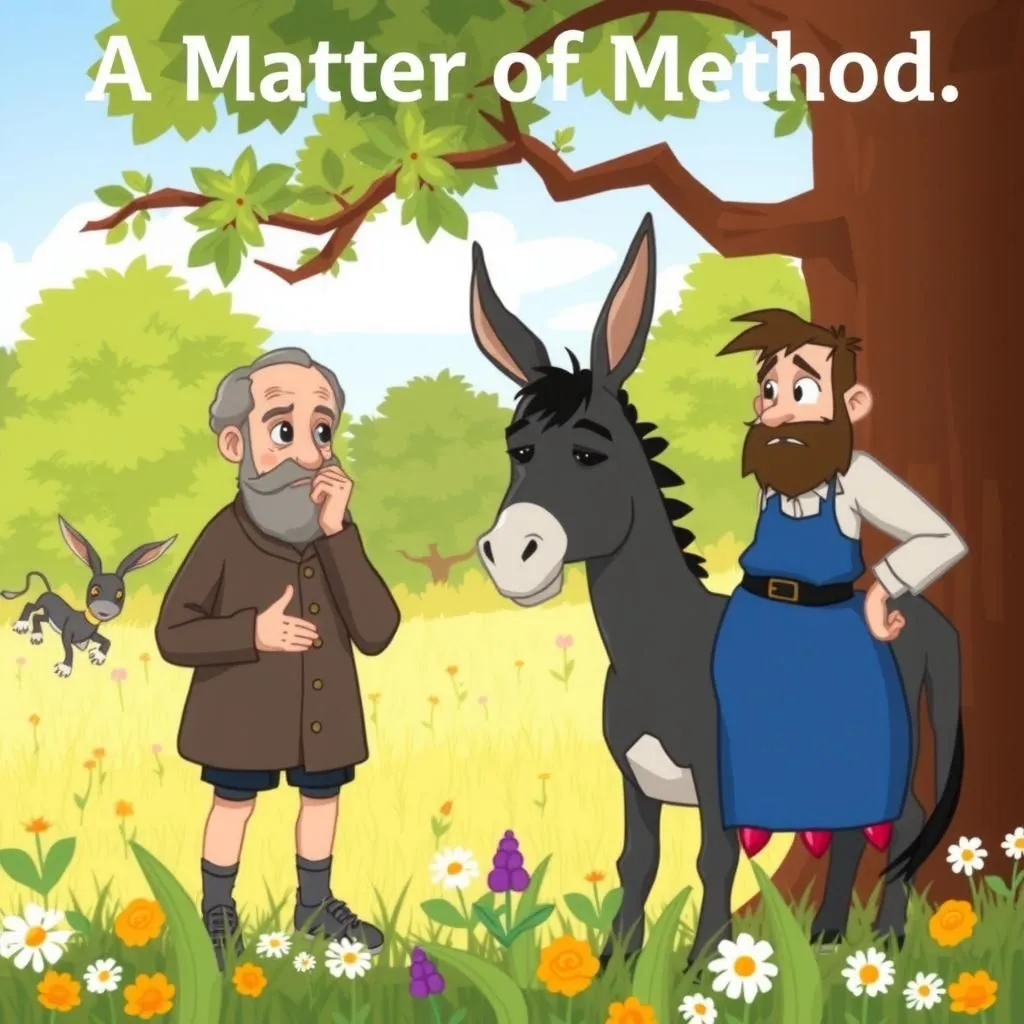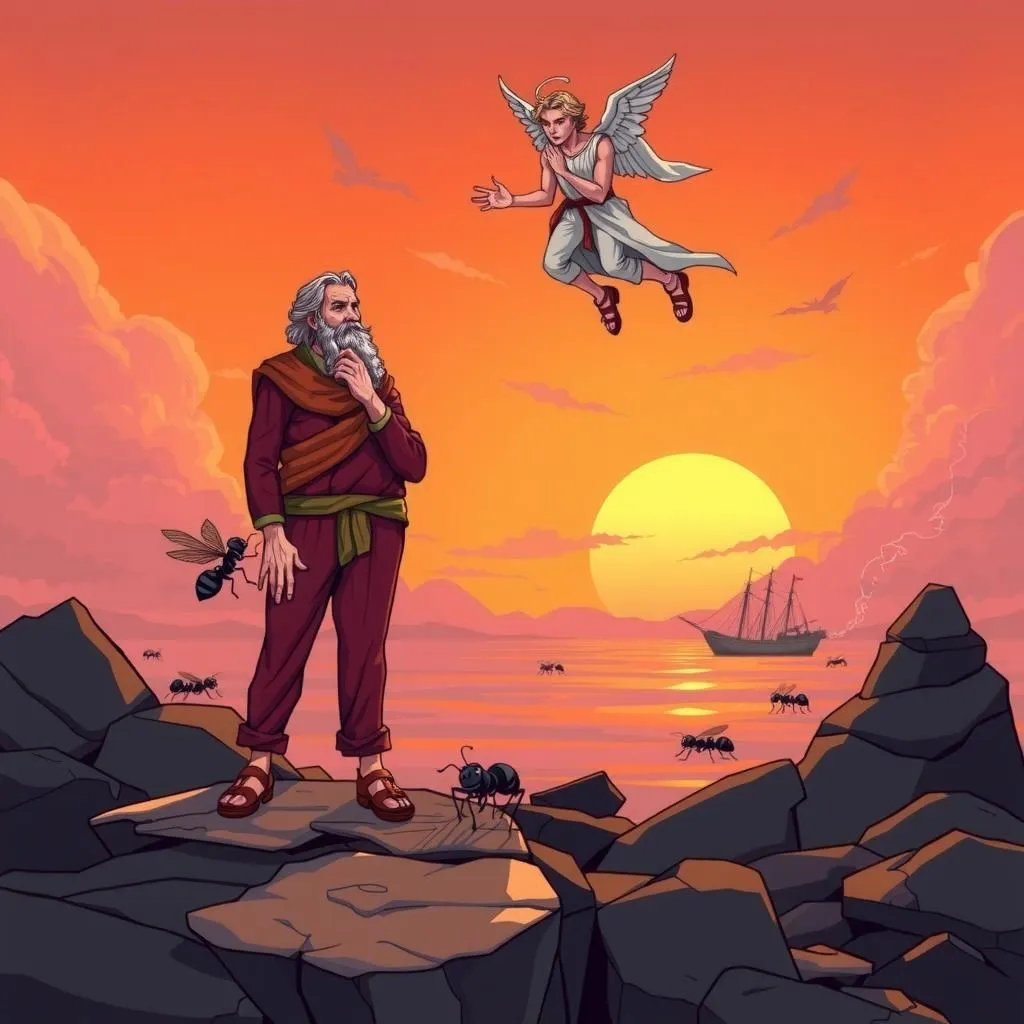
The Taken Hand
In the humorous short story "The Taken Hand," a successful businessman seeks to shake hands with a thief, who arrogantly refuses. Following a philosopher's advice, the businessman cleverly leaves his hand in a neighbor's pocket, leading the greedy thief to take it, illustrating a clever moral about strategy and deception. This tale is a delightful addition to the collection of popular moral stories and folklore, showcasing the wit often found in short moral stories with pictures.


